What to Eat to Boost Brain Function Naturally
Optimal brain function relies heavily on the food we consume. Scientific research consistently shows that certain nutrients can enhance memory, focus, and long-term cognitive health. Choosing the right foods is a natural way to support mental clarity, reduce the risk of neurodegenerative diseases, and improve daily performance. Explore the science-backed dietary strategies that nourish your brain and help unlock its full potential.
1. Fatty Fish

Fatty fish such as salmon, mackerel, and sardines are renowned for their high levels of omega-3 fatty acids, vital building blocks for brain and nerve cells. These healthy fats are strongly associated with enhanced memory, sharper thinking skills, and a slower rate of age-related cognitive decline. Research also indicates that regular intake of omega-3-rich fish may help lower the risk of Alzheimer’s disease. To learn more about the connection between omega-3s and brain health, visit the Mayo Clinic’s resource.
2. Blueberries
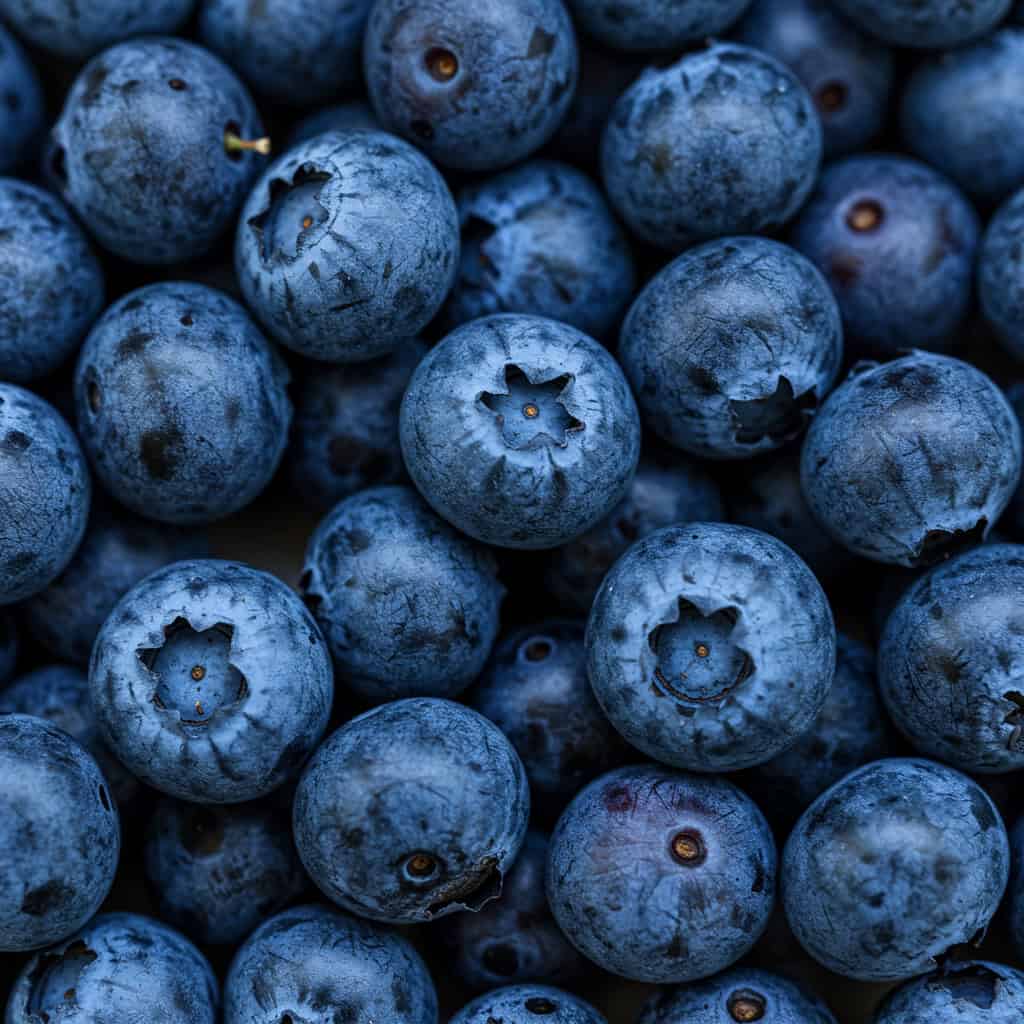
Blueberries are rich in powerful antioxidants that help protect the brain from oxidative stress and inflammation, factors that contribute to brain aging and neurodegenerative diseases. Multiple studies have shown that regular blueberry consumption can enhance memory and may slow cognitive decline in older adults. These benefits are often attributed to anthocyanins, the compounds that give blueberries their vivid color. To discover more about how blueberries support brain health, visit Harvard Health.
3. Walnuts
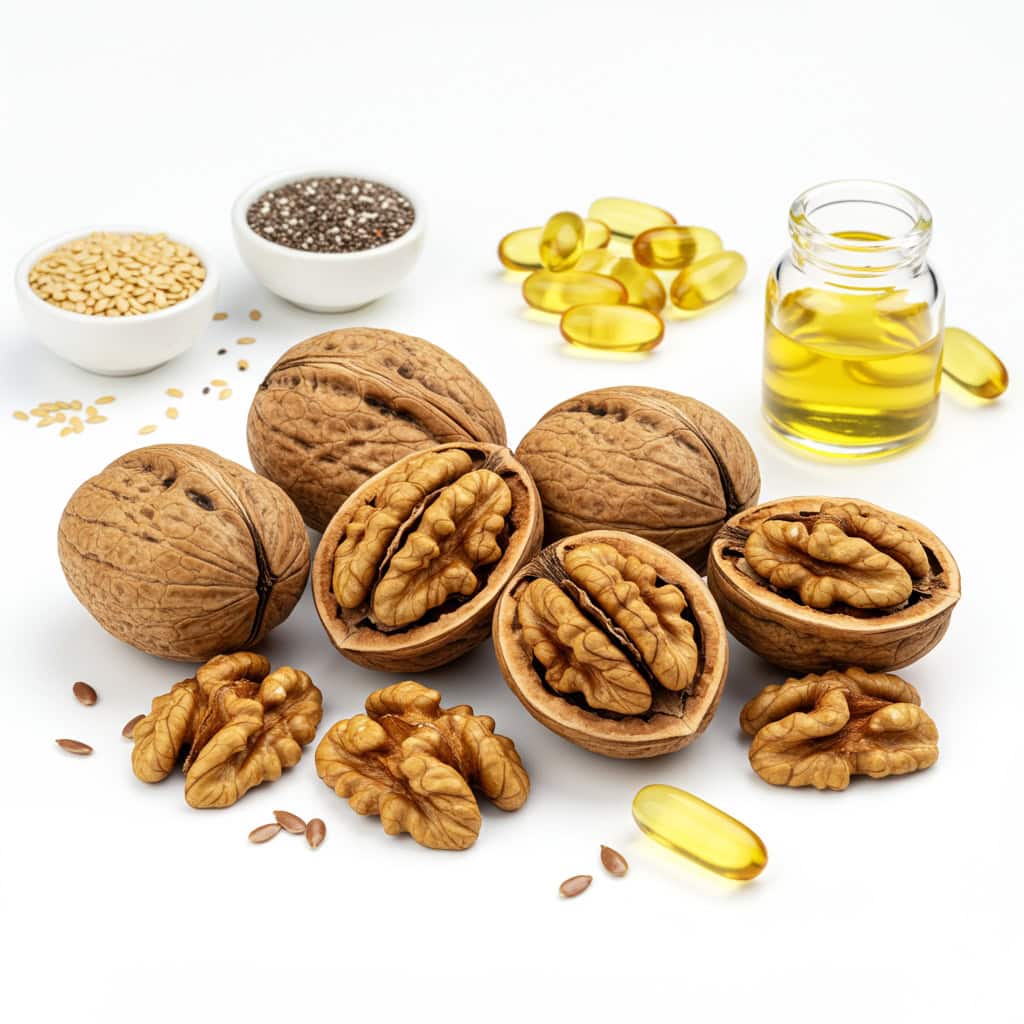
Walnuts are a standout among nuts due to their high content of plant-based omega-3 fatty acids, along with vitamin E and antioxidant-rich polyphenols. These nutrients are known to support brain health by reducing oxidative stress and inflammation. Scientific research suggests that regular walnut consumption may lead to improved cognitive function and enhanced memory, especially in older adults. Walnuts offer a convenient, nutrient-dense addition to any diet aimed at supporting mental performance. For more details, see the findings in the Journal of Nutrition.
4. Dark Chocolate
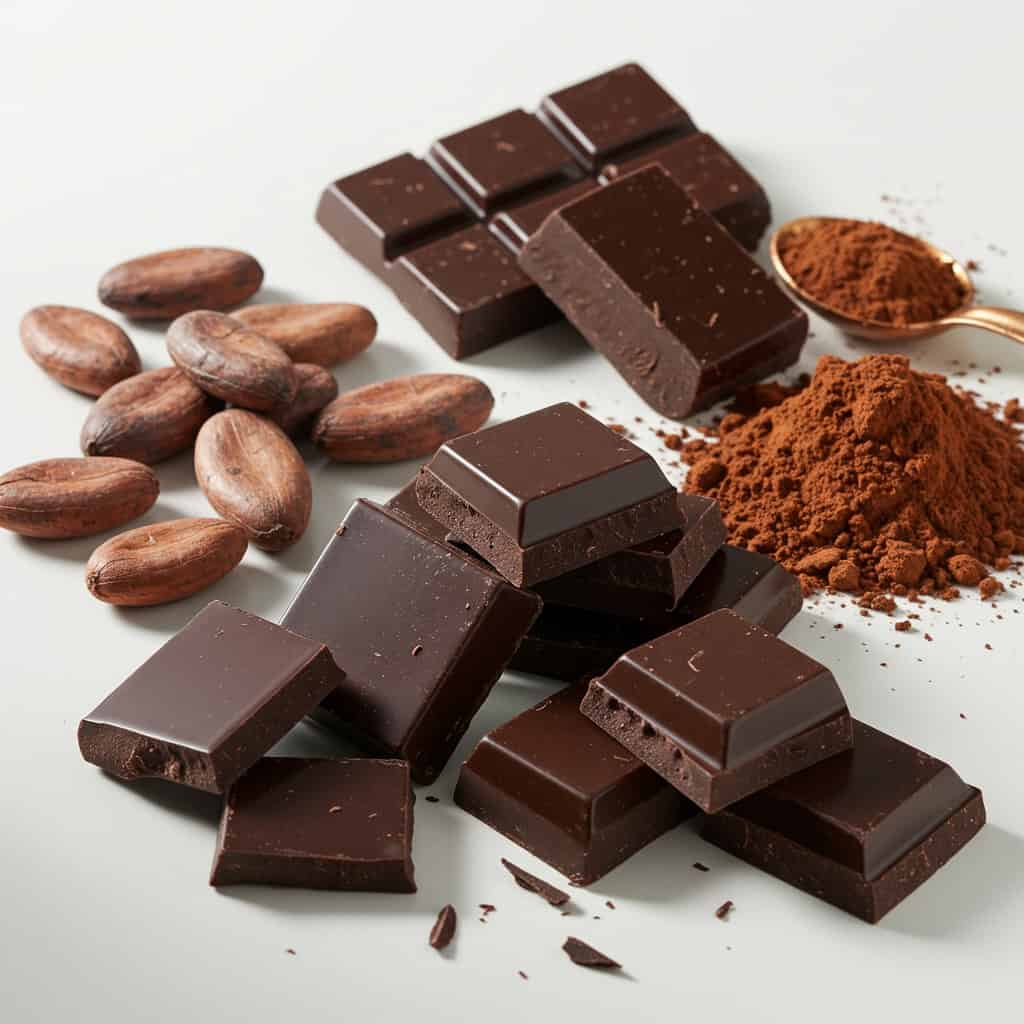
Dark chocolate is packed with flavonoids, caffeine, and antioxidants—compounds that support memory, concentration, and overall cognitive function. Studies indicate that the higher the cocoa content, the greater the benefits, as dark chocolate contains more flavonoids than milk chocolate. These natural chemicals may also promote increased blood flow to the brain, resulting in sharper mental performance. To maximize the brain-boosting benefits, opt for chocolate with at least 70% cocoa. For more details, read the Cleveland Clinic’s guide.
5. Pumpkin Seeds
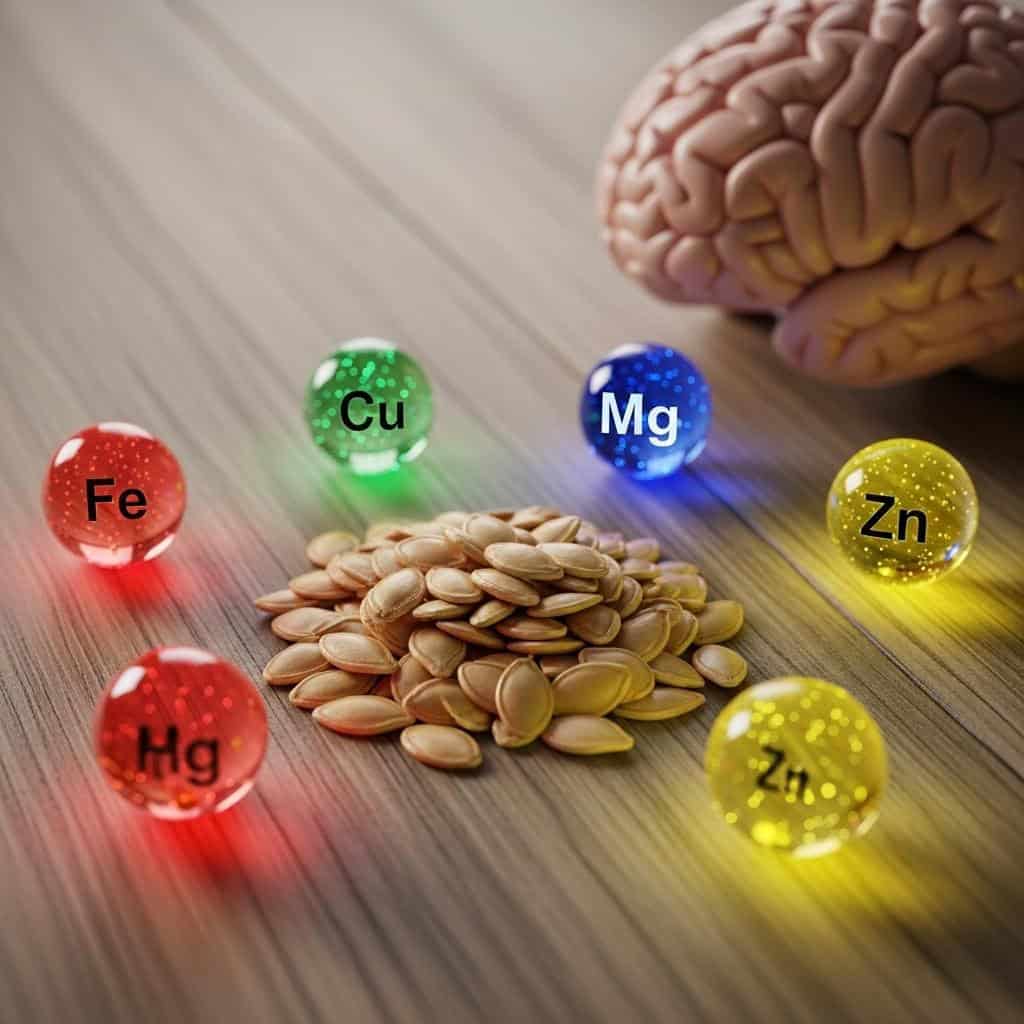
Pumpkin seeds are a concentrated source of essential minerals such as iron, copper, magnesium, and zinc, as well as powerful antioxidants. These nutrients play critical roles in supporting brain function, neurotransmitter activity, and protecting against oxidative damage. Deficiencies in any of these minerals have been associated with an increased risk of cognitive decline and various neurological disorders. Regularly including pumpkin seeds in your diet is a simple way to help maintain mental sharpness. For a comprehensive overview, visit Healthline’s list of brain foods.
6. Broccoli
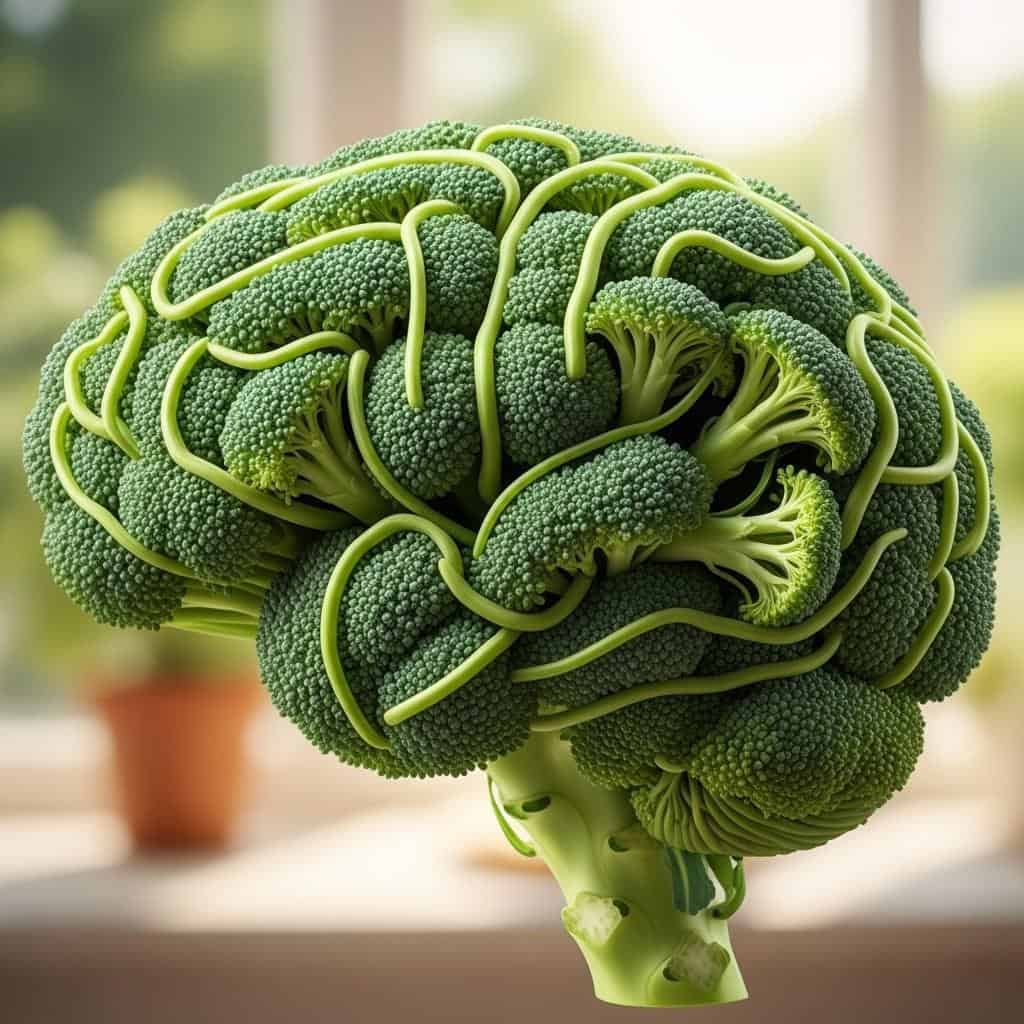
Broccoli is celebrated for its impressive antioxidant profile and high levels of vitamin K, a nutrient believed to be crucial for brain health. Vitamin K plays a significant role in the formation of sphingolipids, a class of essential fats that are abundant in brain cells and critical for proper cognitive function. Among vegetables, broccoli is particularly notable for its concentration of these neuroprotective nutrients, making it an excellent choice for supporting mental performance. Discover more about broccoli’s brain benefits at Medical News Today.
7. Eggs
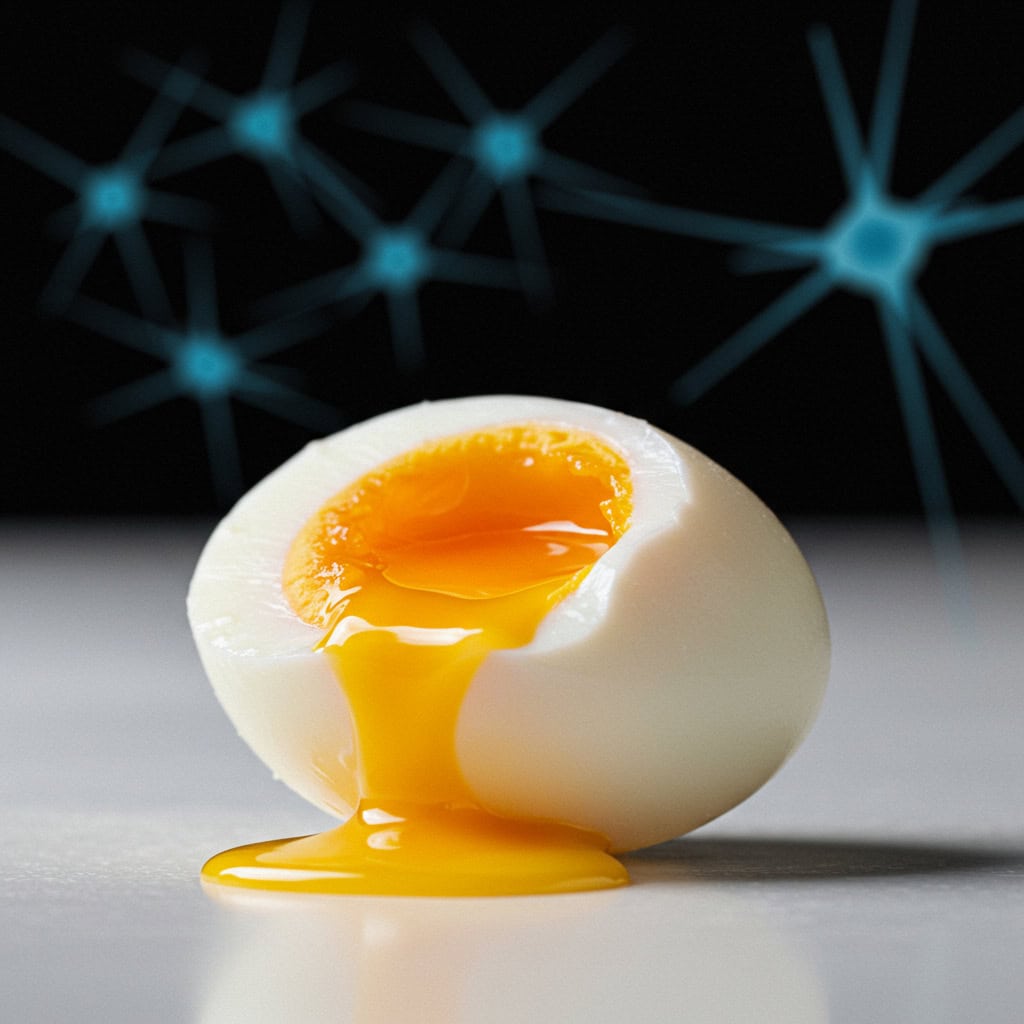
Eggs are a nutrient-dense food, providing several key vitamins and minerals that support brain health, including vitamins B6 and B12, folate, and choline. Choline is especially important because it is used by the body to create acetylcholine, a neurotransmitter involved in regulating mood and memory. Consuming eggs regularly can help maintain healthy brain function and support cognitive performance throughout life. To learn more about the brain benefits of eggs and other foods, visit WebMD’s brain foods slideshow.
8. Oranges
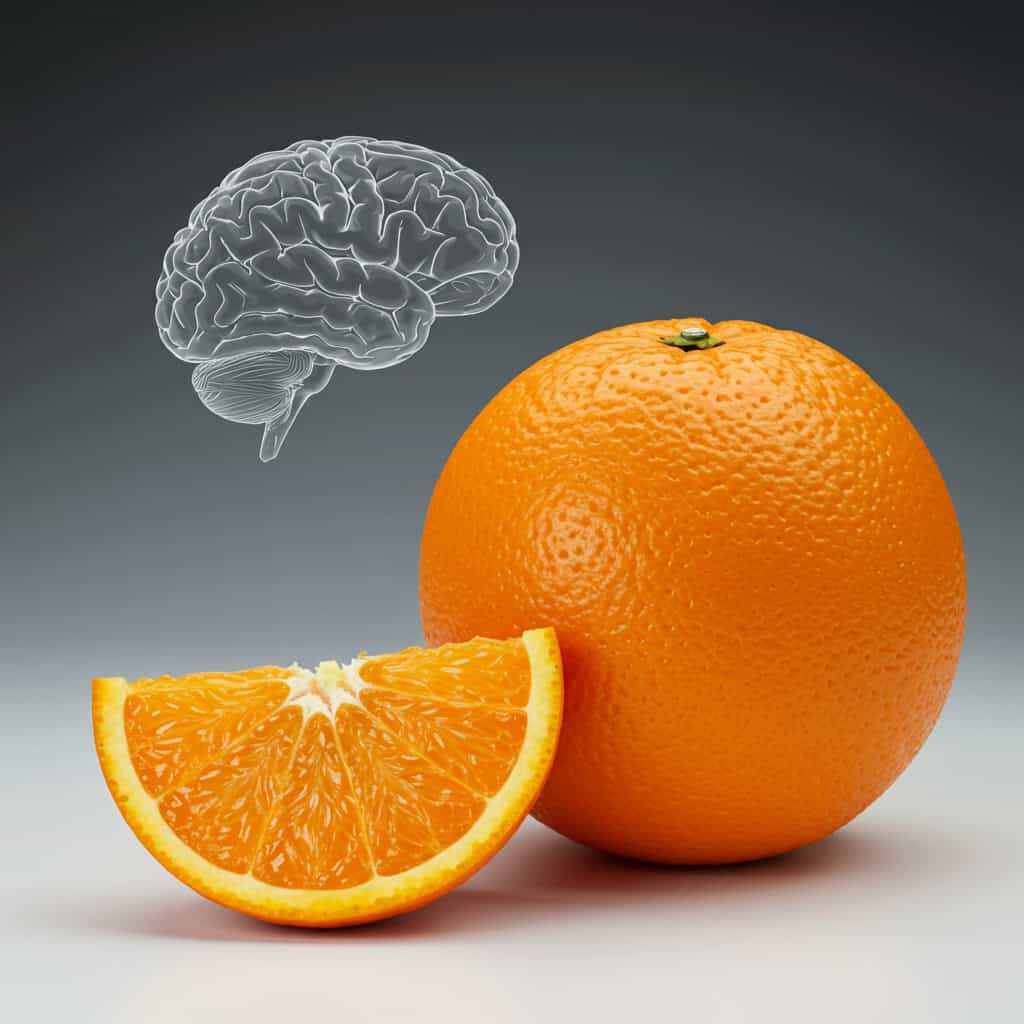
Oranges are renowned for their high vitamin C content, a powerful antioxidant that plays a critical role in safeguarding the brain against age-related cognitive decline. Just one medium orange delivers the full recommended daily intake of vitamin C. Research suggests that adequate vitamin C intake is linked to improved cognitive performance and slower mental deterioration. Including oranges in your diet is a tasty and effective way to support brain health. For more on vitamin C’s role in cognition, see the National Institutes of Health fact sheet.
9. Green Tea

Green tea is prized for its unique blend of caffeine, L-theanine, and potent antioxidants. This combination not only sharpens alertness and improves memory but also promotes a sense of calm without the jitteriness often experienced from coffee. L-theanine, in particular, works synergistically with caffeine to enhance brain function and encourage relaxation, making green tea an excellent choice for balanced mental energy. For a deeper dive into the cognitive benefits of green tea, visit Medical News Today.
10. Spinach
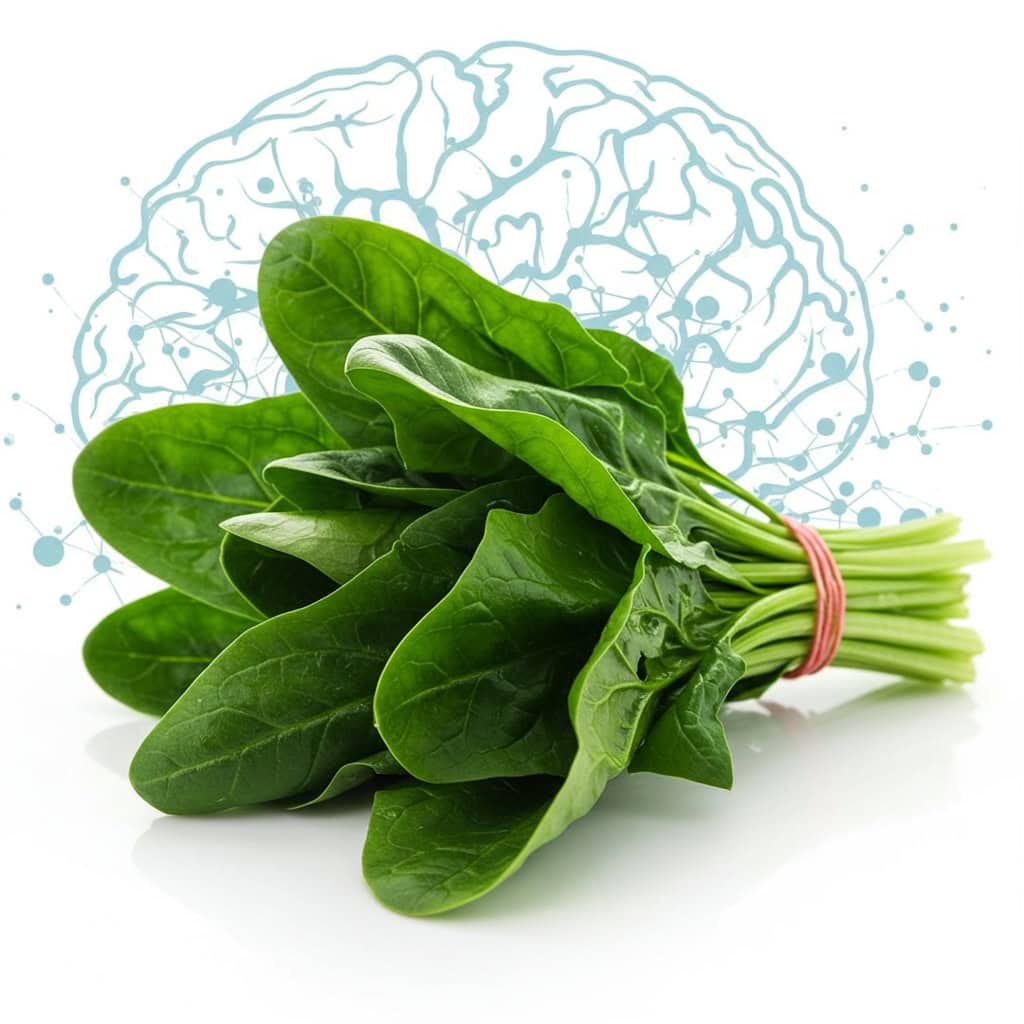
Spinach is packed with plant-based compounds and antioxidants such as lutein, beta carotene, and vitamin K. These nutrients have been associated with delayed brain aging and a slower rate of cognitive decline, making spinach a standout among leafy greens for supporting brain health. Its rich nutrient profile not only benefits cognitive function but also contributes to overall well-being. Adding spinach to your meals is an easy and effective way to nourish your brain. For more on the science behind spinach’s benefits, see ScienceDaily.
11. Avocados
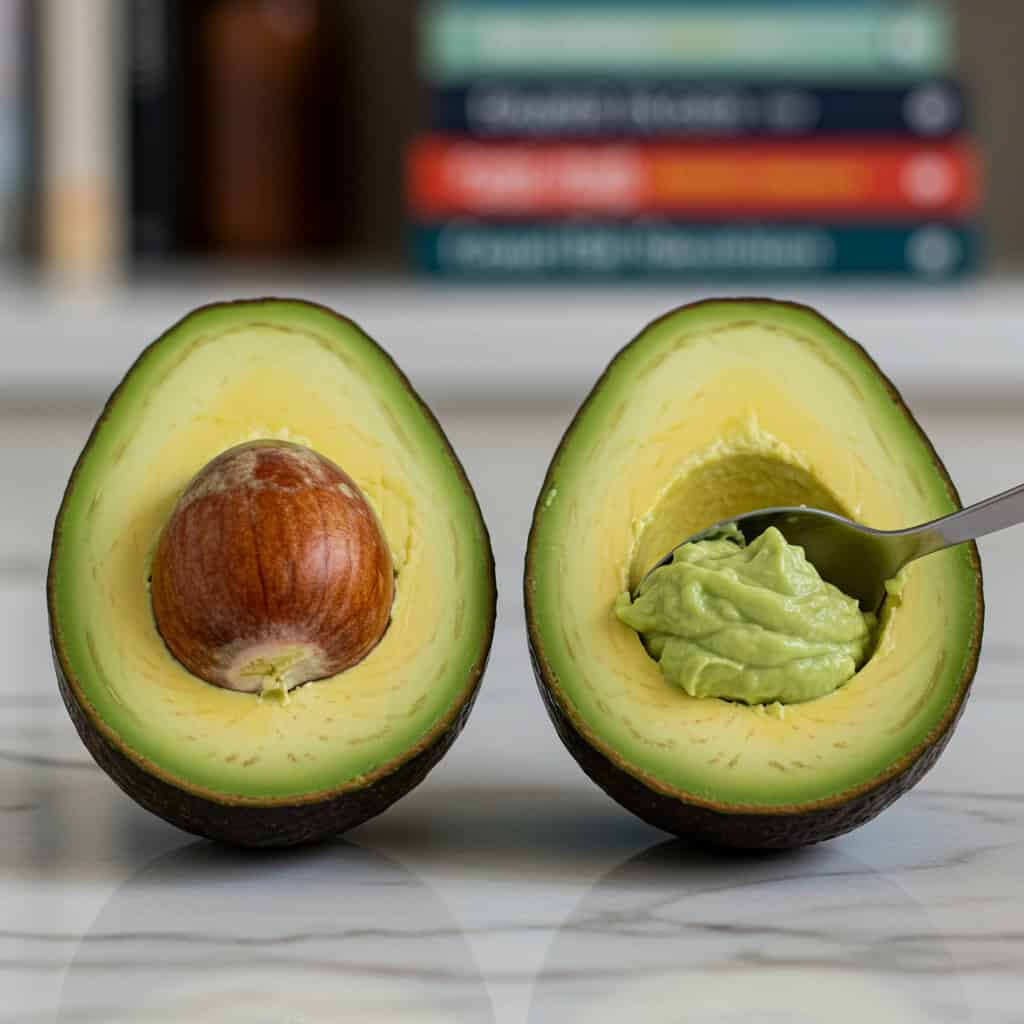
Avocados are an excellent source of monounsaturated fats, which help maintain healthy blood flow to the brain—an essential factor for optimal cognitive function. In addition to these healthy fats, avocados provide potassium and vitamin K, both of which are associated with enhanced memory and mental clarity. Unlike most fruits, avocados uniquely deliver a concentrated source of beneficial fats, supporting heart and brain health alike. To learn more about the nutritional benefits of avocados, visit the Harvard T.H. Chan School of Public Health.
12. Coffee

Coffee is well-known for its stimulating caffeine content and abundance of antioxidants. These compounds have been linked to improved mood, heightened concentration, and a reduced risk of neurodegenerative conditions such as Alzheimer’s and Parkinson’s disease. When enjoyed in moderation, coffee can serve as a powerful mental enhancer, boosting alertness and cognitive performance throughout the day. For a deeper understanding of coffee’s benefits for brain and overall health, explore the insights from Johns Hopkins Medicine.
13. Turmeric
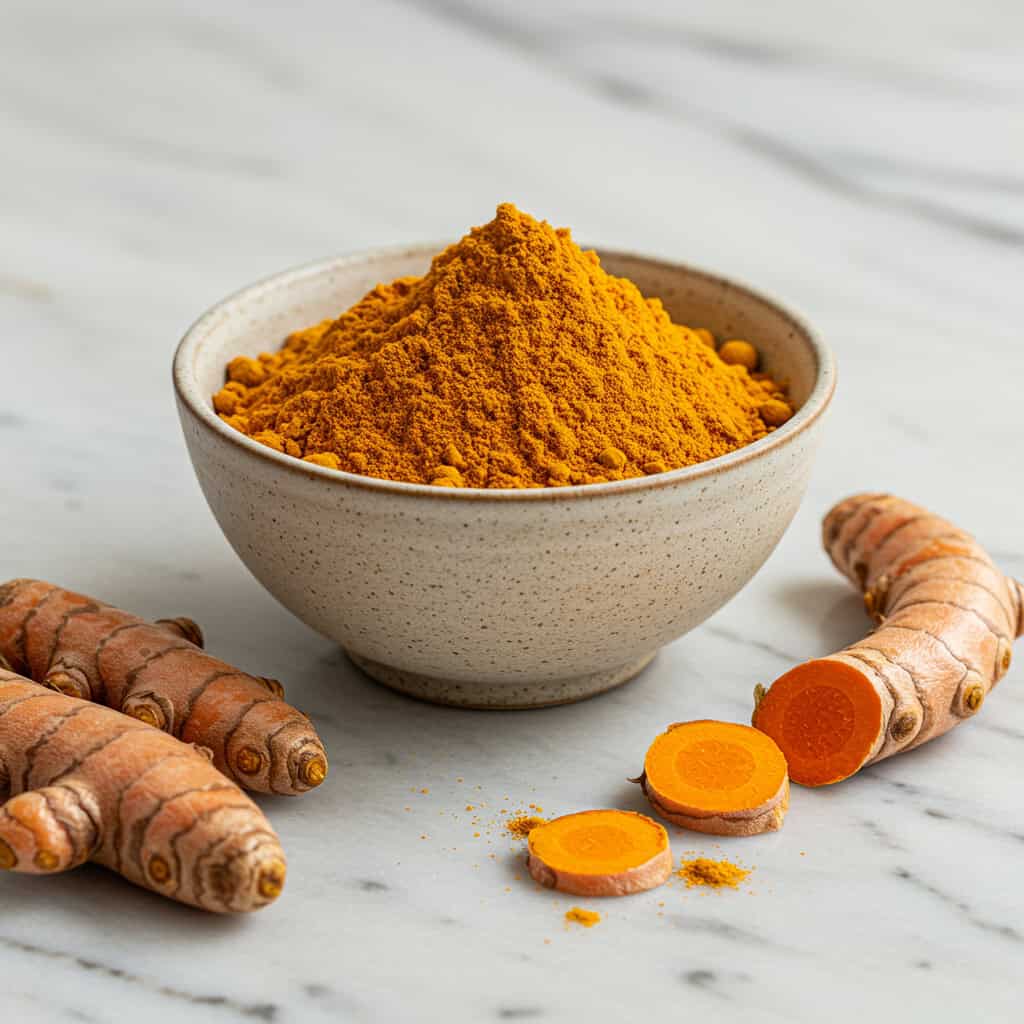
Turmeric is distinguished by its active compound curcumin, which can cross the blood-brain barrier to directly benefit brain health. Research has shown that curcumin may help reduce symptoms of depression and stimulate the growth of new brain cells, supporting overall cognitive vitality. Among spices, turmeric stands out for its neuroprotective and mood-boosting properties, making it a valuable addition to a brain-healthy diet. For more details on the cognitive benefits of turmeric, visit Healthline.
14. Whole Grains
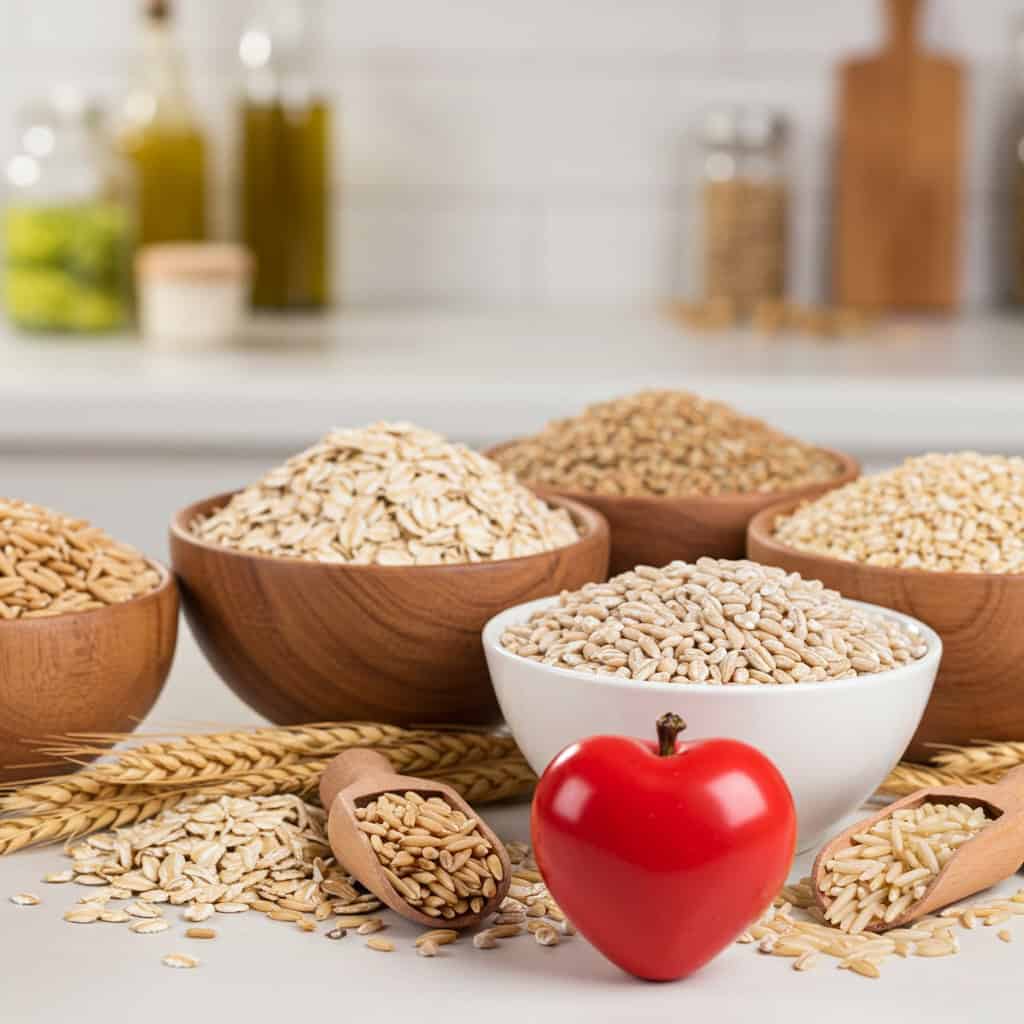
Whole grains such as oats, barley, and brown rice offer a steady release of glucose, which serves as the brain’s primary energy source. Their high fiber content not only supports digestive health but also promotes better heart and brain function, contributing to improved cognitive performance and mental clarity. In contrast, refined grains are stripped of these essential nutrients and do not provide the same benefits. Incorporating whole grains into your meals is a smart way to fuel your brain. Learn more from the American Heart Association.
15. Greek Yogurt

Greek yogurt is a nutritious choice for brain health, offering a rich supply of protein, probiotics, and B vitamins. The protein content supports neurotransmitter production, while B vitamins are essential for energy metabolism in brain cells. The probiotics in Greek yogurt may help reduce inflammation and positively influence mood by supporting gut health, which is increasingly linked to cognitive function. Greek yogurt contains more protein than regular yogurt, providing a more substantial nutritional boost. For more on its benefits, visit Medical News Today.
Conclusion
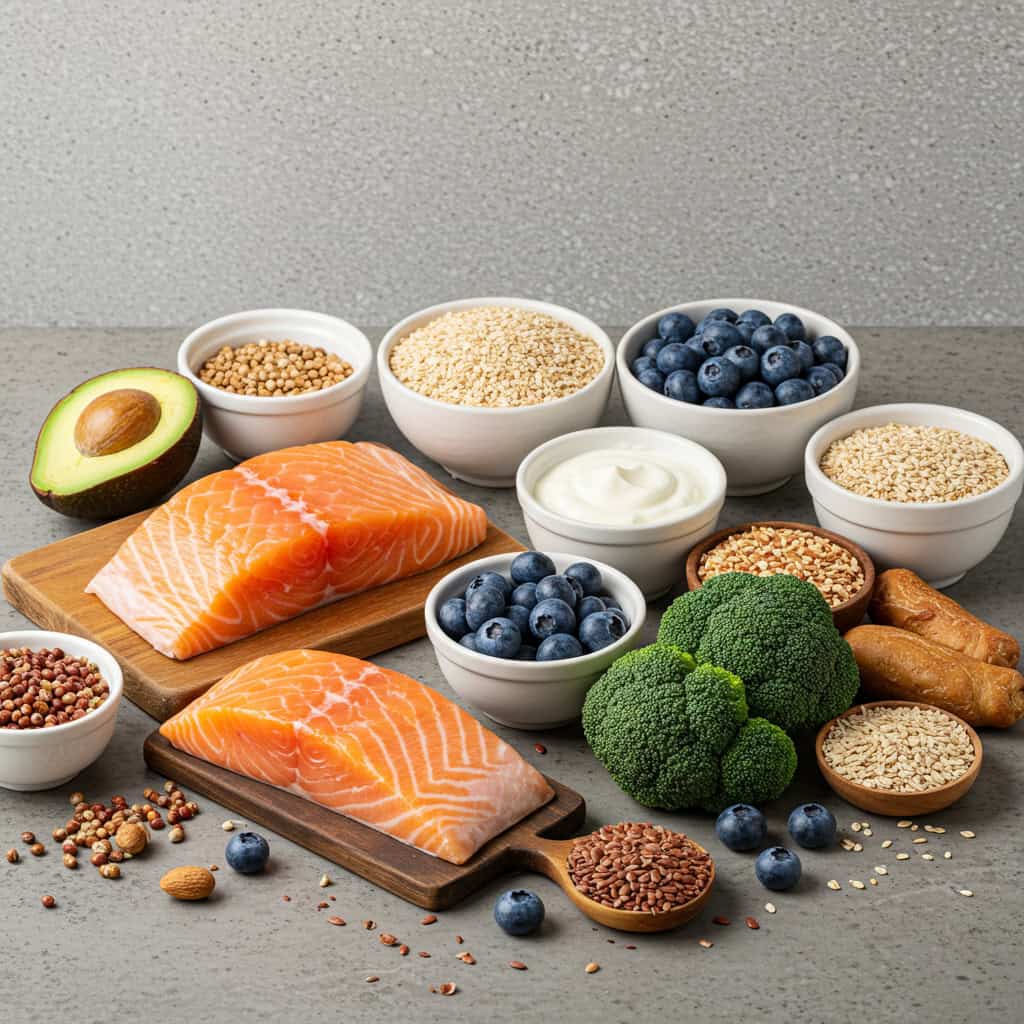
Adopting a varied, nutrient-rich diet is essential for naturally supporting brain function and promoting long-term cognitive health. The foods highlighted above—ranging from fatty fish and blueberries to whole grains and Greek yogurt—offer practical, science-backed options to enhance memory, focus, and overall mental well-being. Incorporating these brain-boosting foods into your daily meals is a proactive way to nurture your mind for years to come.
Disclaimer
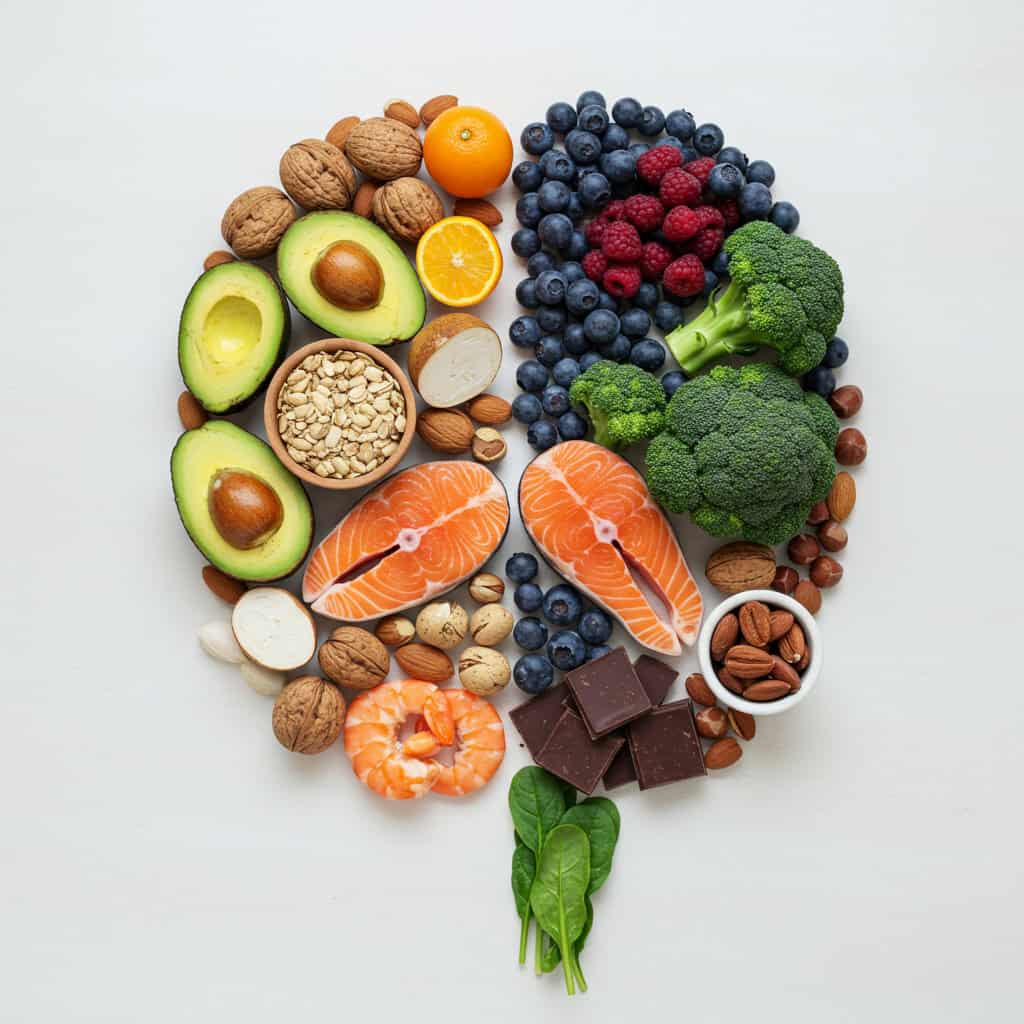
This article is for informational purposes only and is not a substitute for professional medical advice. Always consult your healthcare provider before making significant dietary changes or relying on foods for medical treatment. For more, visit the FDA’s nutrition resource.






